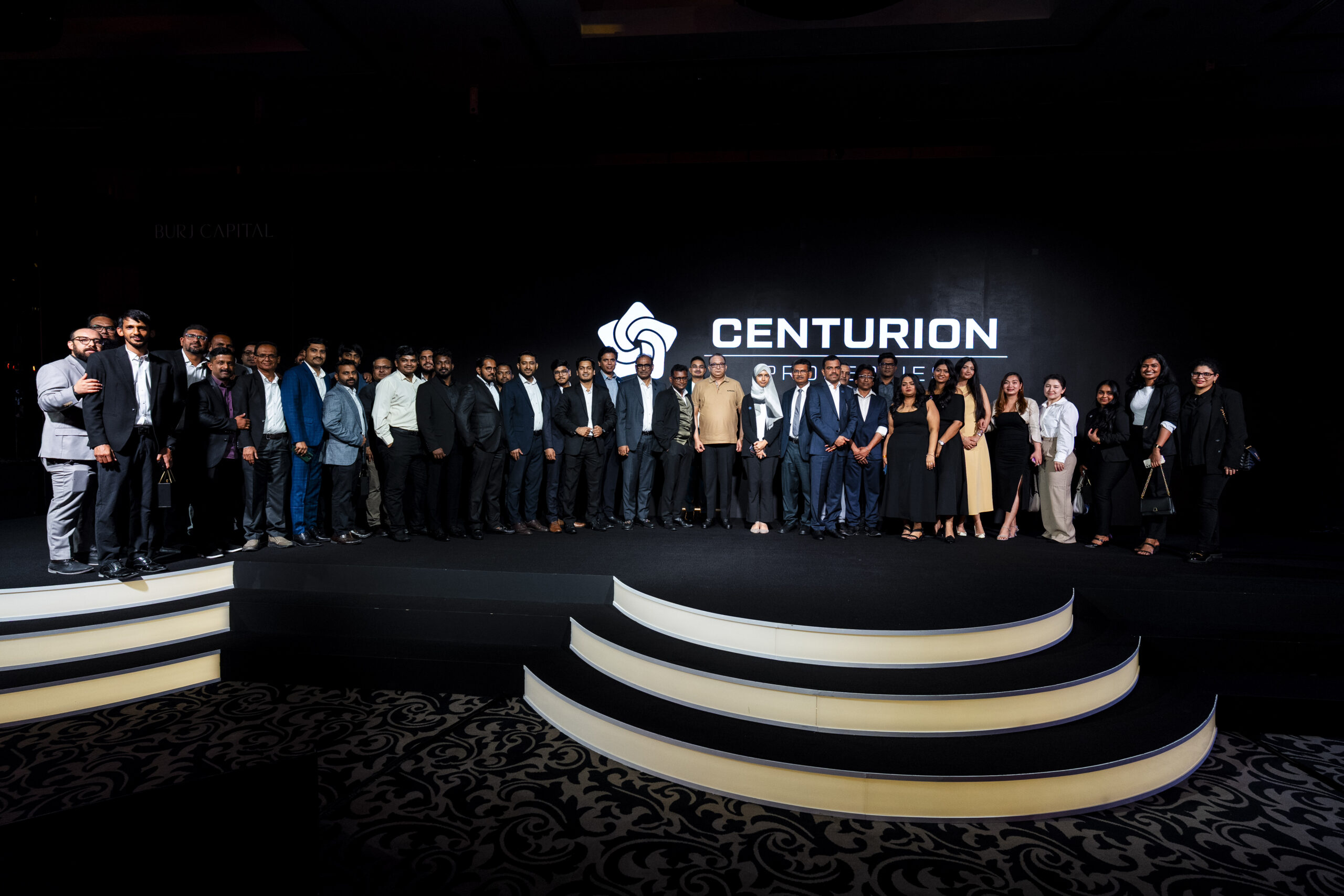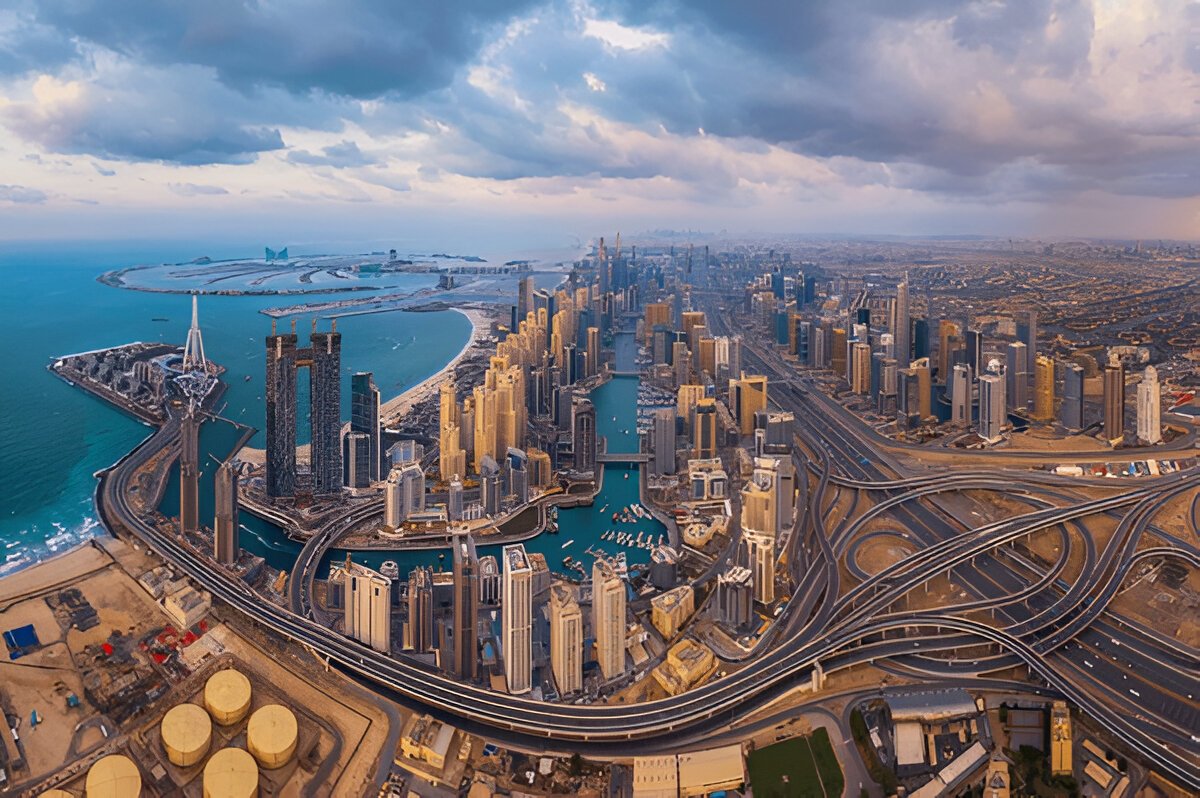Dubai’s real estate momentum, once impeded by COVID-19, has risen to reach AED 761 billion in transactions as of 2024. This landmark signals renewed investor confidence and a heightened global interest in the city as a prominent destination for real estate investment. Among the most impressive indicators of this upward trajectory is the surge in off-plan property sales, which accounted for 63% of all residential transactions in the same year. Such a shift translates to a growing appetite for futuristic developments rather than dependence on the limited, often pricier secondary market.
Moreover, the appeal of off-plan developments surpasses eye-catching prices. It is about an evolution in buyer behaviour, where the value of a property is gauged by its liveability, environmental effect, and design integrity. At present, buyers or investors cannot be persuaded by steep ROI projections or flashy marketing. Rather, they are focusing on developments that unveil sustainable and smart urban planning coupled with ethical construction practices. This transformation in priorities further marks a watershed moment for developers. In a market where competition is intensifying, those who incorporate green building standards, deploy high-tech technologies, and operate with construction transparency are meeting the expectations of a modern buyer or investor. With these practices now becoming a decisive edge, developers have an opportunity to create a sustainable future.
Shifting Investor Priorities in a Sustainable Era
In tune with the undercurrents in the off-plan market, investor behaviour is also changing. There is a pivot, especially among ultra-high-net-worth individuals (UHNWIs) toward assets that align with global sustainability goals. A 2024 Knight Frank report sheds light on this trend, reflecting the increasing interest in renewable energy ventures which is led by Europeans (28%), followed by Asian UHNWIs (27%) and North Americans (26%). These choices are not purely income diversification tools; they denote a personal commitment to environmental impact.
A similar wave of eco-consciousness is remodeling real estate investment strategies. ESG principles are becoming indispensable pillars in portfolio construction. Investors are now not looking at properties as static assets; they are evaluating them based on how befittingly they uphold environmental stewardship and governance standards. In Dubai, this change dovetails with regulatory frameworks and sustainability mandates, making ESG-compliant developments more common.
Green Living as a Market Differentiator
Communities with emphasis on energy efficiency, access to green spaces, and wellness-driven amenities are outperforming traditional developments. As per the Knight Frank report, these areas are seeing annual rental growth of 10–20%. The overarching appeal is in the tangible lifestyle and cost benefits these offer. Buyers are drawn to homes with reduced utility bills, better air quality, and nearness to sustainable transport. In a city teeming with new inventory such as Dubai, these features are fundamental to the buying decision. For developers, this presents a compelling reason to embed sustainable practices which can become a potent tool for demand generation, tenant retention, and long-term asset value protection.
Risk and Responsibility in Off-Plan Projects
While off-plan developments hold potential, they also comprise multifold challenges. First, as the segment has been driven by speculative gains and first-mover advantages, it now needs to respond to a discerning buyer and investor base. Second, in an eco-conscious, digitally-savvy environment, trust has to be cultivated and reinforced through action. Third, there is a shift in expectations, in which each phase can come under scrutiny. Buyers can track progress, question execution standards, and verify sustainability claims. In such a scenario, project responsibility, process transparency, and on-time delivery are non-negotiables.
How Developers can be Catalysts for Change
To attain a competitive edge in Dubai’s real estate market, developers ought to go beyond aesthetics or premium addresses. This new approach necessitates them to embed sustainability into every step of development. Incorporating frameworks such as LEED, Estidama, BREEAM is key, but developers also need to go an additional mile to optimise building orientation for natural light, select low-emission construction materials, and deploy energy-saving HVAC systems.
In the same manner, delivery integrity is extremely vital. Developers should ensure transparency in timelines, exhibit real-time progress, and maintain open channels of communication with buyers. Furthermore, alignment with the UAE’s Net Zero by 2050 roadmap and the Dubai 2040 Urban Master Plan is of utmost importance. Projects that reiterate these ambitions will perhaps garner more public appreciation.
In a nutshell, Dubai’s real estate domain is undergoing a transformation. But this narrative is not rooted in record-breaking numbers or avant-garde architecture; it is being written by the values of trust and sustainability. Off-plan developments are set to lead this change, however, success will be determined by developers’ ability to respond to a discerning set of buyers and investors. Ultimately, those ready to embrace this evolution stand a chance to shape future-forward communities.


